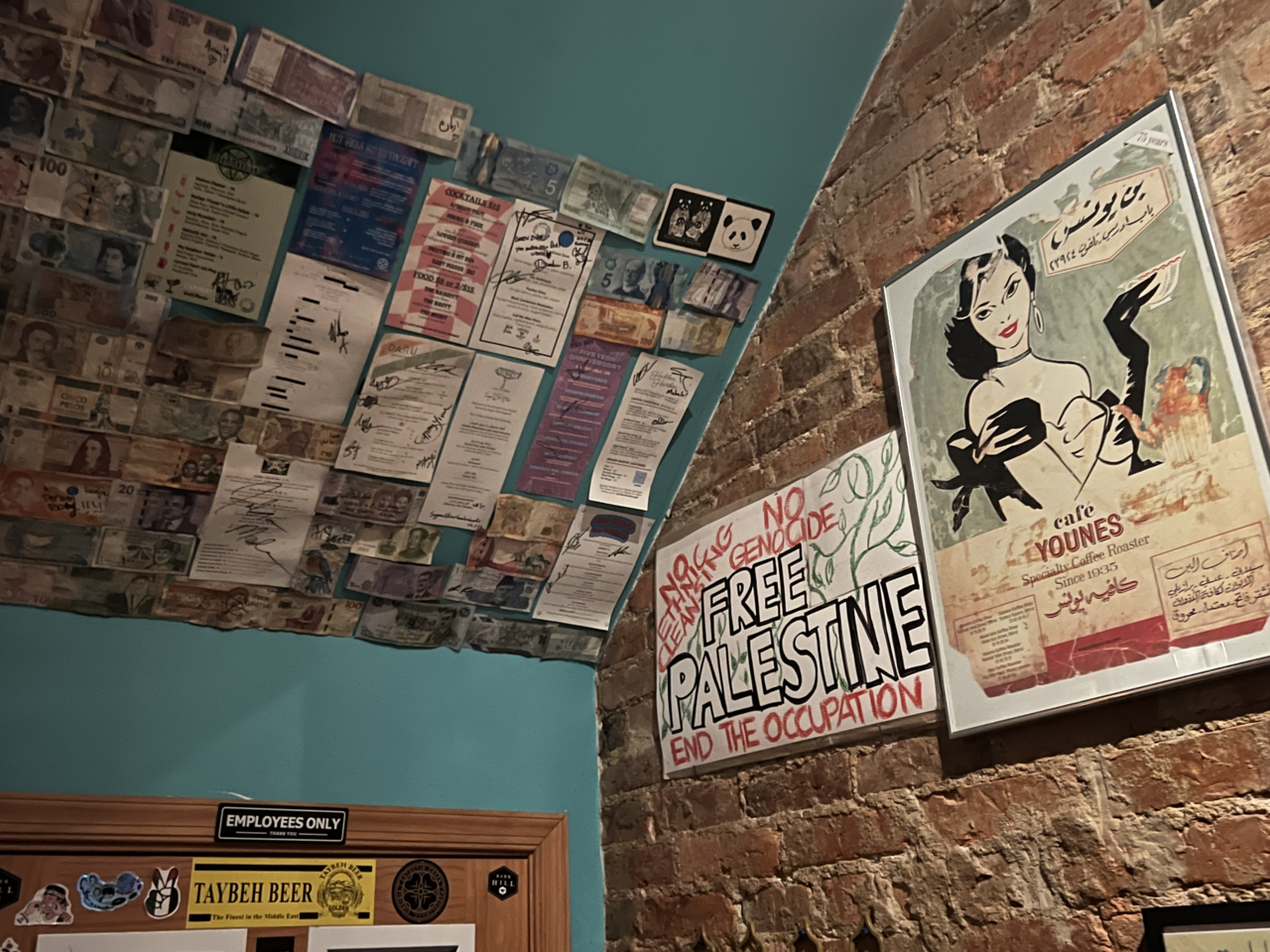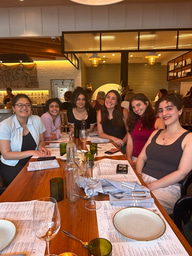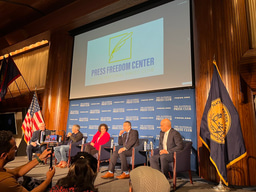
In my final week at ADC, I tied up the loose ends of my personal project and gained more experience interacting with policy coalitions. While I enjoy the independence of managing my own responsibilities, the most rewarding aspect of my internship this summer was the opportunity to collaborate with others in the office. Working closely with colleagues allowed me to observe and learn how they navigate the complexities of organizational structure, both within the internal operations of the office and in their external relationships with partner organizations, coalitions, and policymakers.
This week, I had the opportunity to witness my supervisor lead multiple coalition calls focused on opposing California Senate Bill 771 (SB 771). Although the bill originates in the California legislature, its potential impact would extend well beyond the state’s borders. SB 771 proposes that tech companies could be penalized for "amplifying" content that is critical of the Israeli government, and this language raises significant free speech concerns. Given that many of the world's most influential technology companies are headquartered in California, the bill would effectively establish a precedent for nationwide, if not global, online censorship of Palestinian voices and pro-Palestinian advocacy.
I view my supervisor as incredibly well-versed and confident in the field; however, it was interesting to hear her concerns regarding leadership. She shared that, despite her experience and expertise, she sometimes feels that she is not afforded the same immediate respect as some of her older counterparts in coalition spaces. As one of the younger voices in many of these meetings, she often senses an unspoken bias that compels her to be exceptionally well-prepared (more so than others) so that she can respond to questions with authority and precision. Her goal is not just to represent herself well, but also to preempt any doubts others may have due to her age. While I was already well-aware that people from underrepresented backgrounds often have to work harder just to be taken seriously, this conversation confirmed that these dynamics show up even in advocacy spaces that are supposed to be inclusive and equity-driven.
Overall, my time at ADC was incredibly meaningful. I learned a lot about policy advocacy and how coalitions work together, but I also got to see the behind-the-scenes challenges that come with leadership. Watching how my supervisor handled those moments really showed me how important it is to work with a team that is communicative and supportive, where you feel comfortable expressing feelings of discomfort and moments of growth.





Please sign in
If you are a registered user on Laidlaw Scholars Network, please sign in